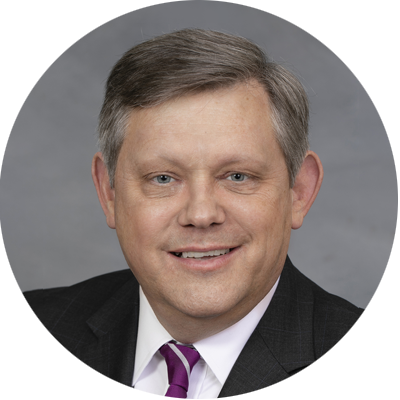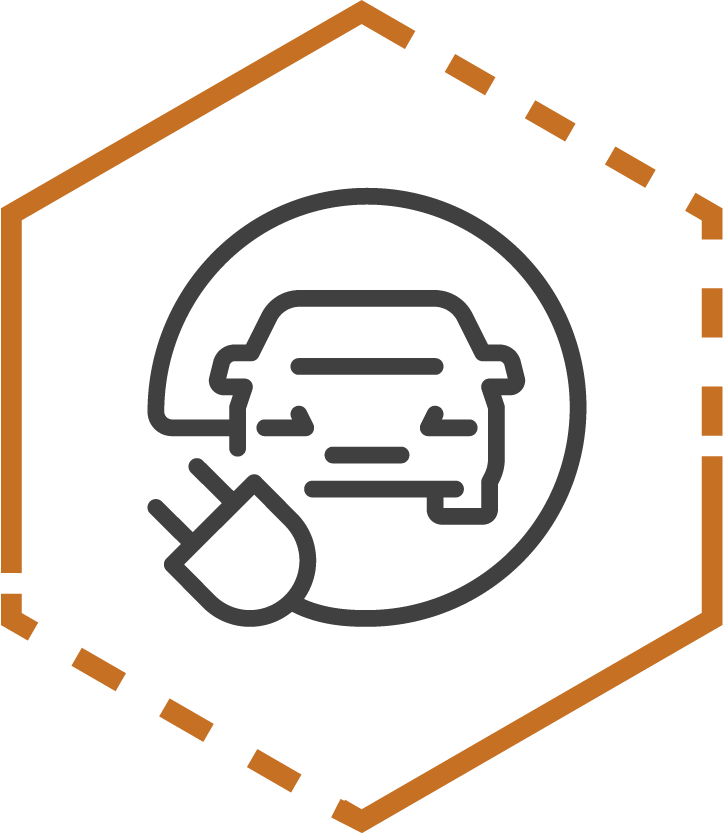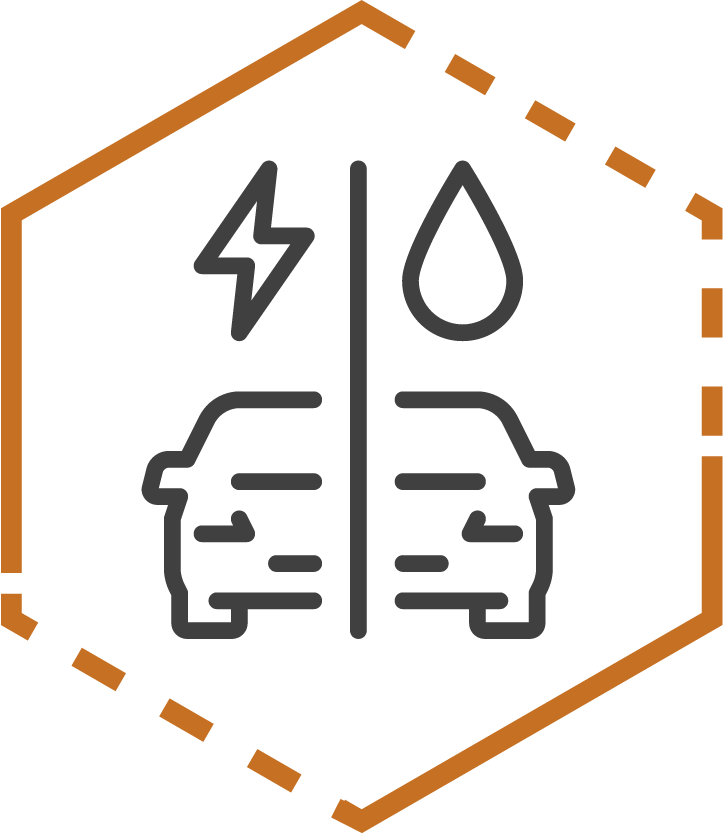We thank the bipartisan sponsors of the Senate Bill for their thoughtfulness in modernizing our transportation revenue model and ensuring the funding needed to invest and maintain our roads and bridges for years to come.


Senator Vickie Sawyer (R)

Senator Tom McInnis (R)

Senator Mike Woodard (D)

Senator Todd Johnson (R)

Senator Michael Lazzara (R)

Senator Julie Mayfield (D)

Senator Timothy Moffitt (R)

Senator Buck Newton (R)

Senator Jim Perry (R)

Senator DeAndrea Salvador (D)
SB 354 Thank You
Thank you form.
Senate Bill 354 Facts

Increases Electric Vehicle Registration Fees
The legislation would increase the Electric Vehicle registration fee to $180 annually (from the current rate of $140.25).
Electric vehicle owners benefit from our transportation infrastructure just as much as gas-powered vehicle owners, yet they pay significantly less (at least $50 for EV owners) to help maintain and improve our roads and bridges.
This legislation ensures fairness regardless of the type of vehicle you drive.

Creates A Plugin Hybrid Vehicle Registration Fee
The legislation would increase the Plugin Hybrid Vehicle registration fee to $90 annually (from the current rate of $0).
Plugin Hybrid Vehicle owners benefit from our transportation infrastructure just as much as gas-powered vehicle owners, yet they pay half.
This legislation ensures fairness regardless of the type of vehicle you drive to help maintain and improve our roads and bridges.

Creates A RideShare Fee
Rideshare companies like Uber and Lyft are growing in popularity, especially in our urban areas. Neighboring states, like Georgia, have passed laws that charge a fixed fee to help pay for maintenance and repairs of their roads and bridges.
The legislation would impose a 50 cent fee for exclusive rideshare services (an individual riding alone) and a 25 cent fee for a shared-rideshare service.

Eliminates the Cap of Highway Use Tax
Currently in North Carolina, you pay a 3% Highway Use Tax (think sales tax) on a new or used commercial or recreational vehicle that you purchase. Current law caps the amount a person would pay at $2,000, which means a person that buys a vehicle that is $100,000 pays the same amount as the person that buys a vehicle for $66,500.
Simply put, people that buy more expensive vehicle pay a lower percentage than those that buy expensive vehicles.
This legislation ensures fairness regardless of how expensive the vehicles you buy.

